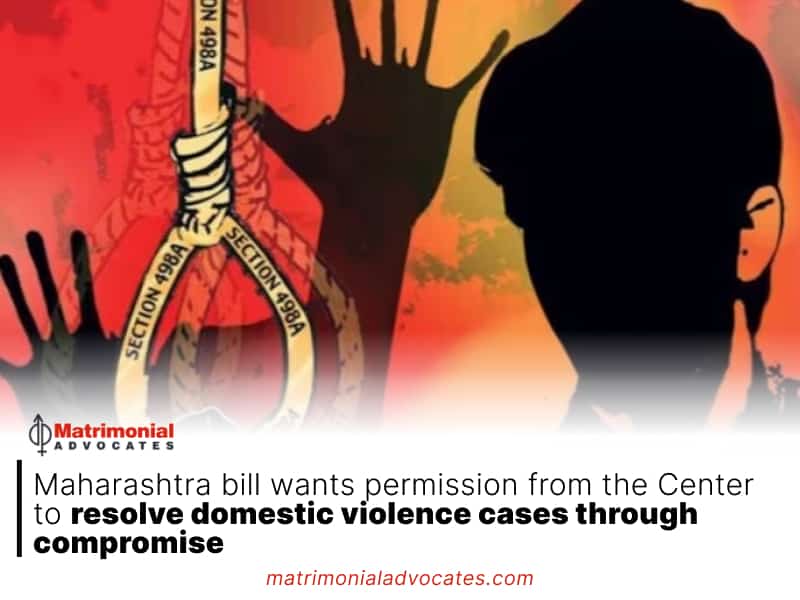
Section 498A of the Indian Penal Code deals with cruelty against married women and imposes penalties like jail time or fines on offenders. Recently, the Bombay High Court instructed the Under Secretary of Women and Child Development, Government of Maharashtra, to submit a document outlining plans for making Section 498A more flexible.
Section 498A of the IPC deals with cases of matrimonial cruelty and states that “whoever, being the husband or the relative of the husband of a woman, subjects such woman to cruelty shall be punished with imprisonment for a term which may extend to three years and shall also be liable to a fine”.
When a provision is deemed compoundable, legal disputes arising from it can be resolved without necessitating an appeal to the High Court for its nullification. An affidavit submitted by the central government contested the proposition of rendering Section 498A compoundable, arguing that such a course of action would not be conducive to the welfare of women.
However, Additional Solicitor General Devang Vyas apprised the court during recent proceedings that although a bill had been proffered by the Maharashtra government, its progression had been impeded by insufficient data. Vyas indicated the central government’s readiness to reassess a revised bill, contingent upon the provision of supplementary data by the state government.
In substantiation of his contention, Vyas tendered a missive dated January 19, 2024, directed to the Maharashtra government from the central government, which underscored the outstanding response from the state government regarding the proposed amendment to the Code of Criminal Procedure.
The bench, comprising Justices Anuja Prabhudessai and NR Borkar, noted an incongruity between the contents of the missive and the earlier affidavit, deeming it “misleading”.
However, the bench declared, “In view of the instructions now received from the Additional Solicitor General, the State Government is directed to take necessary measures to present a fresh bill on the subject matter, accompanied by additional data, addressing the anomaly highlighted by the Ministry of Women and Child Development.”
The high court considered a petition filed by three family members requesting the dismissal of an FIR filed under Section 498A. Following this, the court dismissed the FIR against the three individuals and suggested that the central government contemplate making the offense under Section 498A compoundable. The court acknowledged that Andhra Pradesh had made Section 498A compoundable back in 2003.





